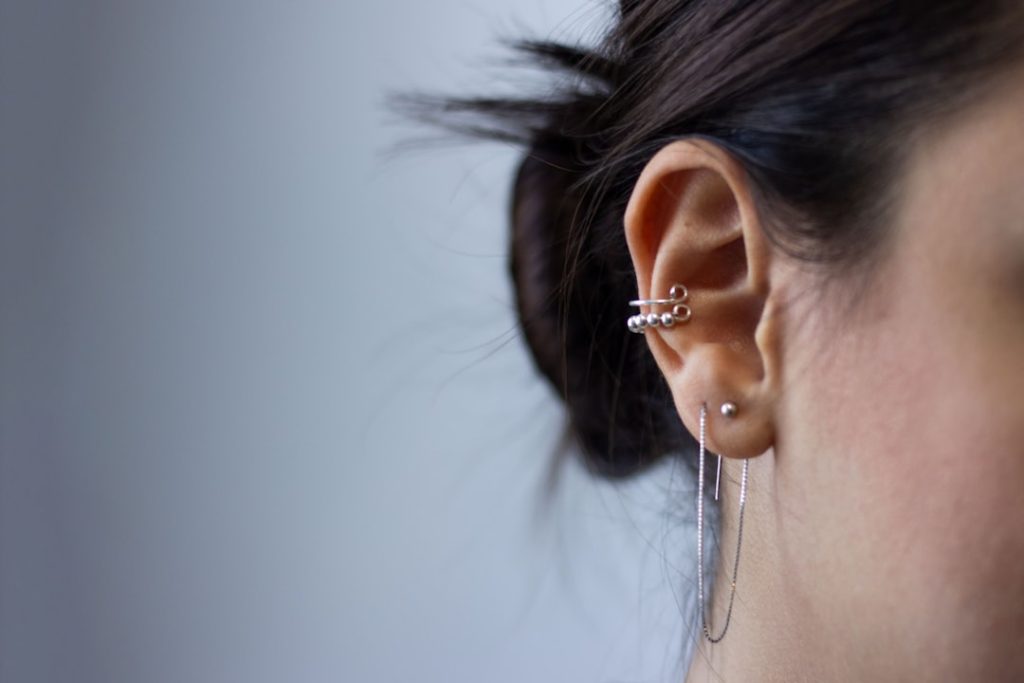Ear infections are a common yet painful issue that can affect people of all ages. From environmental factors to health conditions, several causes contribute to the risk of ear infections. Fortunately, understanding these causes can help you take steps to prevent infections before they start. Here’s a look at the top causes of ear infections and how preventative measures can help you maintain ear health. Keep on reading to learn more!

1. Bacterial and Viral Infections
One of the most common causes of ear infections is bacteria or viruses, often resulting from colds, flu, or respiratory infections. When these infections reach the middle ear, they can cause inflammation and fluid buildup, leading to pain and potential hearing issues. Children are particularly susceptible to these types of infections due to their developing immune systems and smaller ear anatomy, which can easily become blocked.
To prevent these types of ear infections, practice good hygiene, such as regular handwashing, and consider getting vaccinated against common viruses like influenza. Avoid close contact with others when they’re ill to reduce your risk of catching infections that could spread to your ears.
2. Allergies
Allergies can also play a role in ear infections, particularly when they lead to sinus congestion or fluid buildup in the ears. Allergens such as pollen, dust, and pet dander cause inflammation in the nasal passages and Eustachian tubes, which can disrupt airflow and trap fluid in the middle ear, creating an ideal environment for infection.
Managing allergies can help reduce the risk of related ear infections. Use antihistamines or other allergy medications as prescribed, and keep your home free of common allergens. In cases of persistent allergies, consulting with an allergist can provide insights into targeted treatments that can alleviate symptoms and prevent ear issues.
3. Poor Ear Hygiene
Ear hygiene is crucial for preventing infections, as a buildup of earwax or dirt can lead to blockage and inflammation. However, improper ear cleaning, such as using cotton swabs, can actually push earwax deeper into the ear canal, increasing the risk of infection.
In some cases, cleaning ears professionally may be necessary to safely remove excess wax without damaging the ear. Consider scheduling professional ear cleaning if you experience frequent earwax buildup or feel discomfort. This ensures that your ears are thoroughly and safely cleaned, reducing the risk of blockages and infections. Avoid inserting objects into your ears to maintain proper hygiene and protect your ear health.
4. Exposure to Moisture
Excessive moisture in the ears can lead to infections, particularly in individuals who swim frequently, a condition known as swimmer’s ear. When water remains in the ear after swimming or showering, it can soften the ear canal’s skin, making it more vulnerable to bacterial growth. This creates an ideal environment for infections, especially if the water contains bacteria from pools, lakes, or oceans.
To prevent moisture-related ear infections, gently dry your ears after swimming or bathing by tilting your head to let water drain. Wearing earplugs while swimming can also help prevent water from entering the ear canal, keeping your ears dry and reducing the risk of infection.
5. Structural Issues in the Ear
Some individuals are more prone to ear infections due to structural issues, such as narrow or blocked Eustachian tubes. Eustachian tubes help regulate air pressure and drain fluid from the middle ear, but if they’re narrow or don’t function properly, fluid can become trapped, leading to infection. Children are often affected by this issue, as their Eustachian tubes are still developing.
In cases of recurring infections due to structural issues, medical interventions, such as ear tubes, may be recommended. These small tubes are surgically inserted to help fluid drain and prevent recurrent infections, especially in children who experience frequent ear problems.
6. Weakened Immune System
Individuals with weakened immune systems are more susceptible to infections, including those in the ears. Chronic illnesses, stress, poor diet, and certain medications can compromise immunity, making it harder for the body to fight off infections. This can lead to an increased risk of ear infections, particularly when exposed to bacteria and viruses.

Understanding the causes of ear infections is key to preventing them and maintaining ear health. By addressing factors such as hygiene, allergies, and moisture exposure, you can reduce your risk of developing infections. For cases involving excess earwax or blockage, consider cleaning ears professionally to ensure thorough and safe care. With these preventative steps, you can keep your ears healthy and avoid the discomfort and inconvenience of frequent infections.


